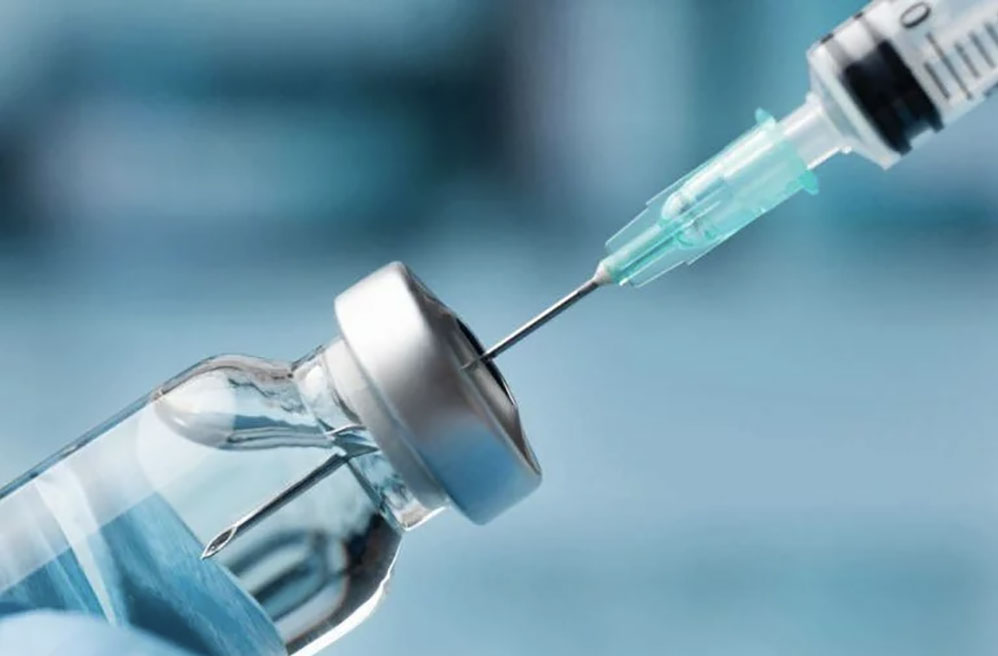Your menstrual cycle occurs in four distinct phases, starting with your period and ending with the luteal phase, which is when an egg leaves one of your ovaries and travels to the uterus. If that egg isn’t fertilized, you get your period again. For most menstruating women, this cycle repeats every month for 30 or 40 years. If you suddenly have irregular menstrual cycles after years of predictability, you may be wondering what’s going on with your reproductive system. Keep reading to learn about the most common causes of irregular cycles and find out when to seek help.
What Is a “Regular” Menstrual Cycle?
Several factors affect the length of your menstrual cycle, including your dietary habits, fitness level and sleep schedule. Typically, a regular menstrual cycle lasts for 24 to 35 days. Each menstrual period should last for 3 to 7 days, although it’s normal to have longer or shorter periods once in a while.
If your cycle becomes irregular, you may notice the following:
- Your periods are more than 35 days or fewer than 21 days apart.
- Your menstrual flow is much lighter or heavier than usual.
- Your period lasts more than 1 week.
- You have spotting or bleeding between periods.
- You miss three or more consecutive periods.
- You experience nausea, vomiting or severe cramps during your period.
Causes of Irregular Cycles
Polycystic Ovary Syndrome
During ovulation, your ovary releases one mature egg. If the egg isn’t fertilized or doesn’t implant itself in the lining of your uterus, you get your period about 14 days later. Some women have PCOS, a condition caused by a hormonal imbalance. If you have PCOS, you may not ovulate every month, causing missed periods or late periods. PCOS also causes small cysts to form on the ovaries, which may interfere with normal reproductive function.
Endometriosis
Every time you have a menstrual cycle, the lining of your uterus—known as the endometrium—thickens to prepare for a possible pregnancy. If you don’t get pregnant, the excess tissue sloughs off, exiting your body during your period. Endometriosis causes endometrial tissue to grow outside your uterus. This tissue is often confined to the pelvic cavity, but it may grow on the intestines or in other parts of the body.
If you have endometriosis, you have more endometrial tissue than usual, which may cause your period to last longer than usual. Some women with endometriosis also experience shorter-than-usual menstrual cycles. Endometriosis may cause painful intercourse, pain while having a bowel movement, nausea and fatigue.
Primary Ovarian Insufficiency
POI, also known as primary ovarian failure, develops when a woman’s ovaries stop working before she reaches the age of 40. Scientists don’t know exactly what causes this condition, but it may be linked to genetic disorders, metabolic disorders, exposure to environmental toxins, autoimmune diseases or a low number of ovarian follicles. You may also develop primary ovarian insufficiency if you have chemotherapy or radiation therapy at a young age.
Your risk of POI increases if you have any of the following risk factors:
- You have Turner syndrome or Fragile X syndrome.
- You’ve had some type of cancer treatment.
- You have an autoimmune disorder.
- You’re between the ages of 35 and 40.
- One of your female relatives has POI.
For many women, irregular menstrual cycles are the first sign of premature ovarian failure. Due to hormonal changes, you may also experience night sweats, hot flashes, difficulty concentrating, painful intercourse, decreased sex drive or vaginal dryness.
Endocrine Disorders
Your endocrine system is involved in everything from regulating your metabolism to producing the hormones necessary for reproduction. As a result, some endocrine disorders cause irregular menstrual cycles. For example, thyroid disease may cause lighter or heavier bleeding than usual. Some women with thyroid disease also have trouble keeping track of their periods because every cycle lasts for a different number of days. Although the thyroid gland isn’t directly involved in sexual reproduction, it does help the reproductive system work correctly. That’s why an imbalance in thyroid hormones has the potential to alter your menstrual cycle.
The hypothalamus produces gonadotropin-releasing hormone, which stimulates the pituitary gland to trigger the release of follicle-stimulating hormone. FSH aids in the development of ovarian follicles and helps regulate your estrogen levels. Any disorder that affects the hypothalamus or the pituitary can cause irregular menstrual cycles by causing hormonal imbalances.
Pelvic Inflammatory Disease
Pelvic inflammatory disease is an infection of the reproductive system. It typically develops after unprotected sex, which allows bacteria to enter the vagina and spread to other reproductive organs. As the infection spreads, it can interfere with the normal function of your ovaries, fallopian tubes or uterus, resulting in longer-than-usual periods, severe menstrual cramps or spotting between periods. If you develop PID, you may not have any symptoms at first. As the infection gets worse, it causes nausea, fever, chills, abdominal pain, abnormal vaginal discharge and other symptoms.
Reproductive Cancers
Cancer develops when abnormal cells start dividing rapidly, crowding out normal cells and causing tumors to form. If you have endometrial cancer, ovarian cancer or another type of cancer in your reproductive system, you may start having irregular periods. MD Anderson Cancer Center reports that 90% of women with endometrial cancer have irregular bleeding. Reproductive cancers may also cause the following symptoms:
- Bloody vaginal discharge
- Unintended weight loss
- Bladder pressure
- Frequent urination
- Fatigue
- Persistent nausea
- Abdominal pain
- Pelvic pain
Bleeding or Clotting Disorders
When you injure yourself, platelets rush to the site of the injury, triggering the release of clotting factors. One of these factors, fibrin, holds the platelets in place to prevent excessive bleeding. Any disorder that interferes with the normal clotting process can affect your menstrual cycle. For example, a deficiency in Factor V or Factor VII may cause heavy bleeding during your period. Women with von Willebrand disease have such heavy bleeding that they sometimes find it difficult to carry out their daily activities. The bleeding disorder is also associated with periods lasting longer than 7 days.
Lifestyle Changes
Not everyone with irregular periods has a medical condition requiring treatment. Some women experience menstrual changes due to high levels of stress. If you have chronic stress, it can interfere with your cortisol and endorphin levels, causing heavier or lighter bleeding, shorter or longer periods, or missed periods. Significant weight gain or weight loss also has an impact on your menstrual cycle, as the amount of fat on your body affects your estrogen levels. Weighing too much or too little may cause a hormonal imbalance, leading to irregular periods or missed periods.
When to Seek Help
If you aren’t already tracking your menstrual cycles, start writing down when each period begins and ends. This makes it easier to determine if your cycles are longer or shorter than usual. When your period starts, keep a log of your symptoms. Note whether you have heavier-than-usual bleeding, large blood clots or severe cramping. If the changes in your cycle persist for more than 2 or 3 months, schedule an appointment with your healthcare provider.
At Hormonally Balanced, we specialize in using hormone replacement therapy to help women with hot flashes, night sweats, mood changes and other symptoms associated with hormonal changes. If you experience irregular menstrual cycles, call (781) 730-3270 to schedule an appointment at our Boston-area women’s health clinic.



